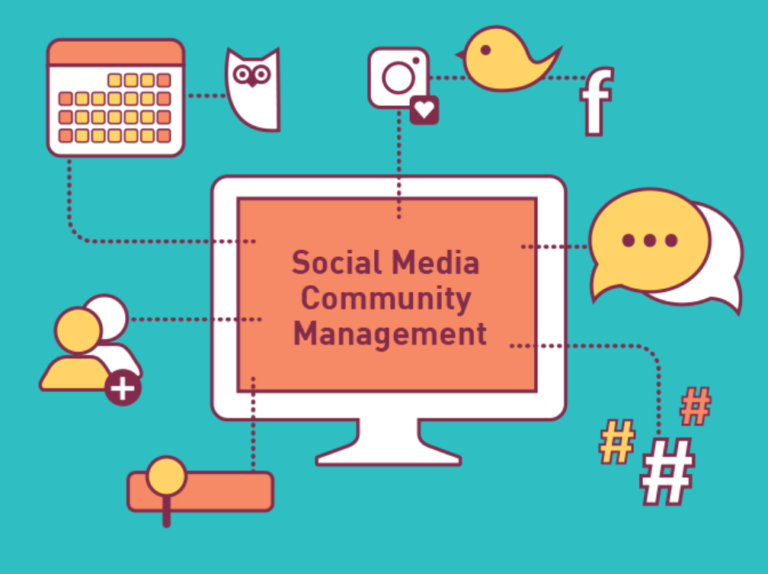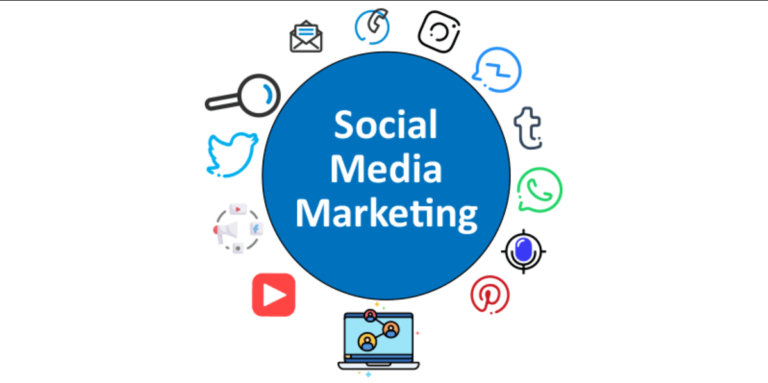Connect with potential customers, build brand awareness, and increase sales. However, with so many available platforms, suit their specific needs. This article will explore the best business social media platforms that can help take your business to new heights.
Social media platforms have evolved from being a means of communication to powerful marketing tools for businesses. Each platform caters to different demographics and offers unique features businesses can leverage to reach their target audience effectively. Let’s explore the top social media platforms.
1. Facebook – The best business social media platforms Giant
Facebook remains the behemoth of social media with over two billion active users. Its advertising capabilities and diverse audience make it. Create a business page, engage your audience through posts, and use Facebook ads to reach potential customers effectively.
2. Instagram – Visual Storytelling at Its Best
Instagram’s visual-centric nature makes it perfect for fashion, beauty, food, and travel businesses. Use high-quality images and compelling captions to tell your brand’s story and connect with your followers on a deeper level.
3. LinkedIn – The Professional Network
For B2B companies and professional services, LinkedIn is a goldmine. Establish your business as an industry leader, share valuable content, and connect with potential clients and partners in your niche.
4. Twitter – Real-Time Engagement
Twitter’s real-time feed allows businesses to engage with their audience instantly. Utilize trending hashtags, participate in conversations, and provide quick customer support to leave a lasting impression on your followers.
5. YouTube – The Power of Video Marketing
Video content is ruling the digital landscape, and YouTube is the go-to platform for hosting and sharing videos. Create informative and entertaining videos to showcase.
6. Pinterest – Inspire and Discover
If your business revolves around creativity and inspiration, Pinterest is a must-have platform. Showcase your products, create shareable pins, and tap into the platform’s search engine-like features to drive organic traffic.
7. TikTok – Entertaining and Trendsetting
TikTok’s explosive growth has captured the attention of businesses worldwide. Audience and participate in trends to boost your brand’s visibility.
8. Snapchat – Fostering FOMO (Fear of Missing Out)
Snapchat’s ephemeral content appeals to younger audiences and can be an excellent platform for limited-time promotions and exclusive offers. Showcase your brand’s personality and create a sense of urgency with disappearing content.
9. Reddit – The Front Page of the Internet
Reddit allows businesses to interact with niche communities and build a loyal following. Engage with users genuinely, share valuable content, and avoid overly promotional posts to succeed on this platform.
10. Yelp – Building Trust and Credibility
For local businesses, Yelp is a critical platform for building trust and credibility. Professionally to negative feedback to enhance your online reputation.
11. WhatsApp – Personalized Customer Interaction
WhatsApp Business provides a direct and personalized way to interact with customers. Use it for order updates, customer support, and personalized marketing messages to nurture stronger relationships.
12. WeChat – Dominate the Chinese Market
For businesses targeting the Chinese market, WeChat is indispensable. It offers a range of services, including messaging, payments, and e-commerce, all within one platform.
13. Tumblr – Creative Expression and Community Building
Tumblr’s artistic and creative user base is perfect for brands looking to express themselves uniquely. Share visual content, join communities, and foster a loyal fanbase. Read more…
14. Conclusion
In conclusion, choosing the best business social media platforms for your business requires understanding your target audience, brand identity, and marketing goals. Each platform offers distinct advantages, so it’s essential to tailor your approach accordingly. By creating engaging and relevant content, staying consistent, and monitoring your performance, your business can thrive on these social media platforms and connect with customers worldwide.
15. FAQs
1. How many social media platforms should my business be on?
The number of platforms you should be on depends on your resources and target audience. Start with a few key platforms where your audience is most active and expand gradually.
2. Are paid advertisements necessary on social media?
Paid advertisements can significantly boost your reach and visibility, but organic content also plays a crucial role. A balanced approach between paid and organic content yields the best results.
3. How often should I post on social media?
Consistency is key, but the ideal posting frequency varies depending on the platform. Daily posts may work well on Twitter, but for others like Facebook or LinkedIn, a few posts per week might suffice.
4. Should I engage with negative comments on social media?
Yes, it’s essential to address negative comments promptly and professionally. Turning a negative experience into a positive one can demonstrate excellent customer service and build trust.



